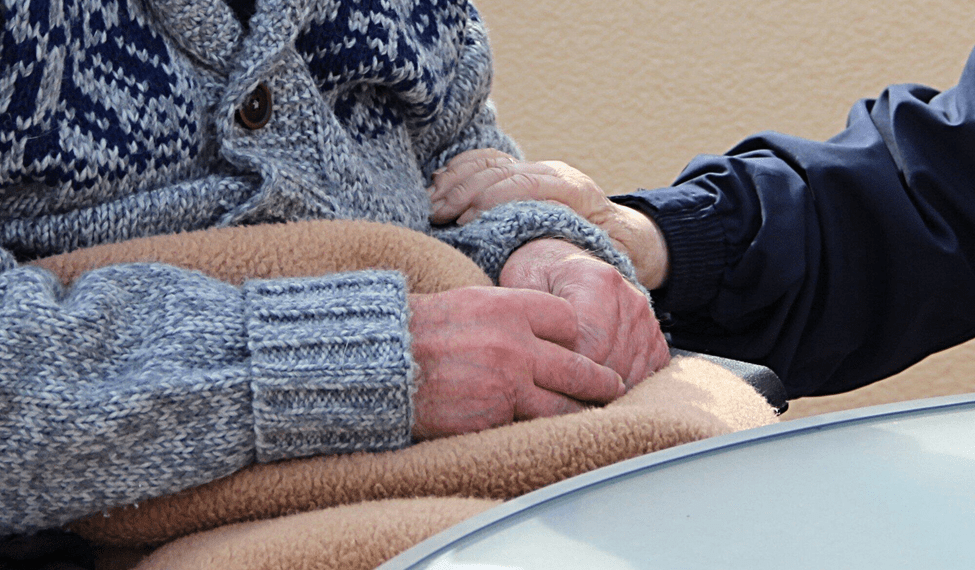Learn the legal rights for seniors facing abuse in care facilities and how to take action to ensure their safety and justice.
Many seniors in care facilities deserve respect, safety, and dignity. However, abuse can still happen to some of these individuals, causing them significant harm. Understanding their legal rights is essential for seniors and their families to combat this unacceptable behavior.
Whether it’s physical, emotional, or financial abuse, knowing these rights can provide much-needed peace of mind for those affected.
Table of Contents
The Different Forms of Abuse
Abuse in care facilities can come in various forms, affecting seniors in different ways. Physical abuse involves any form of violence or unwarranted touch that causes injury. This might include hitting, slapping, or even restraining a resident inappropriately.
Emotional abuse, on the other hand, often harms a person’s mental state. It can be verbal, through insults or threats, or even non-verbal, such as ignoring or isolating a resident.
Financial abuse is another serious concern. Some caregivers may exploit seniors by stealing money or using their personal information for financial gain. All these forms of abuse can deeply impact a senior’s well-being, making it crucial to recognize and understand these issues.
Legal Rights of Seniors
Seniors have specific legal rights that protect them from abuse in care facilities. These rights are designed to ensure they receive quality care and treatment, which is not only humane but also necessary. The legal framework varies by state, but some key rights generally include the following:
The right to safety
Seniors should live in an environment free from harm. They have the right to feel safe and secure in their home away from home.
The right to make decisions
Seniors should have the autonomy to make choices about their care and daily routines. They have the legal right to participate in their own care plans.
The right to be informed
Seniors should be provided with clear information regarding their care from the facility staff. This includes knowledge about any treatments, medications, and other important details. By knowing these rights, they can regain control and have peace of mind while living in these facilities.
Recognizing Signs of Abuse
For family members and friends of seniors in care facilities, recognizing the signs of abuse is vital. Some common indicators can include unexplained injuries, withdrawal from loved ones, sudden changes in behavior, or unexpected financial transactions. If something seems off, it’s essential to investigate further rather than dismiss it.
Families should also pay attention to the treatment their loved ones receive. If staff members seem unapproachable or unwilling to answer questions, that may be a warning sign. Transparency is crucial in understanding the care provided.
Taking Action Against Abuse
If abuse is suspected, there are steps that can be taken to protect the senior. First, it’s essential to document any evidence of abuse. Keeping detailed records can help in any potential legal actions. Take photographs of injuries, keep notes about conversations, and gather witness statements if possible.
Additionally, consulting a legal professional can provide guidance on what to do next. Speaking with a Florida home abuse lawyer will help victims understand their rights and develop a plan to seek justice.
Empowering Seniors in Care Facilities
Understanding legal rights plays a vital role in combating abuse faced by seniors in care facilities. It is crucial for families to remain vigilant in monitoring the well-being of their loved ones and to take action when necessary.
Protecting seniors from abuse is a community effort, and everyone has a part to play in advocating for their safety and dignity.
You can find more useful and interesting articles on our website. Be sure to visit us and read more.


